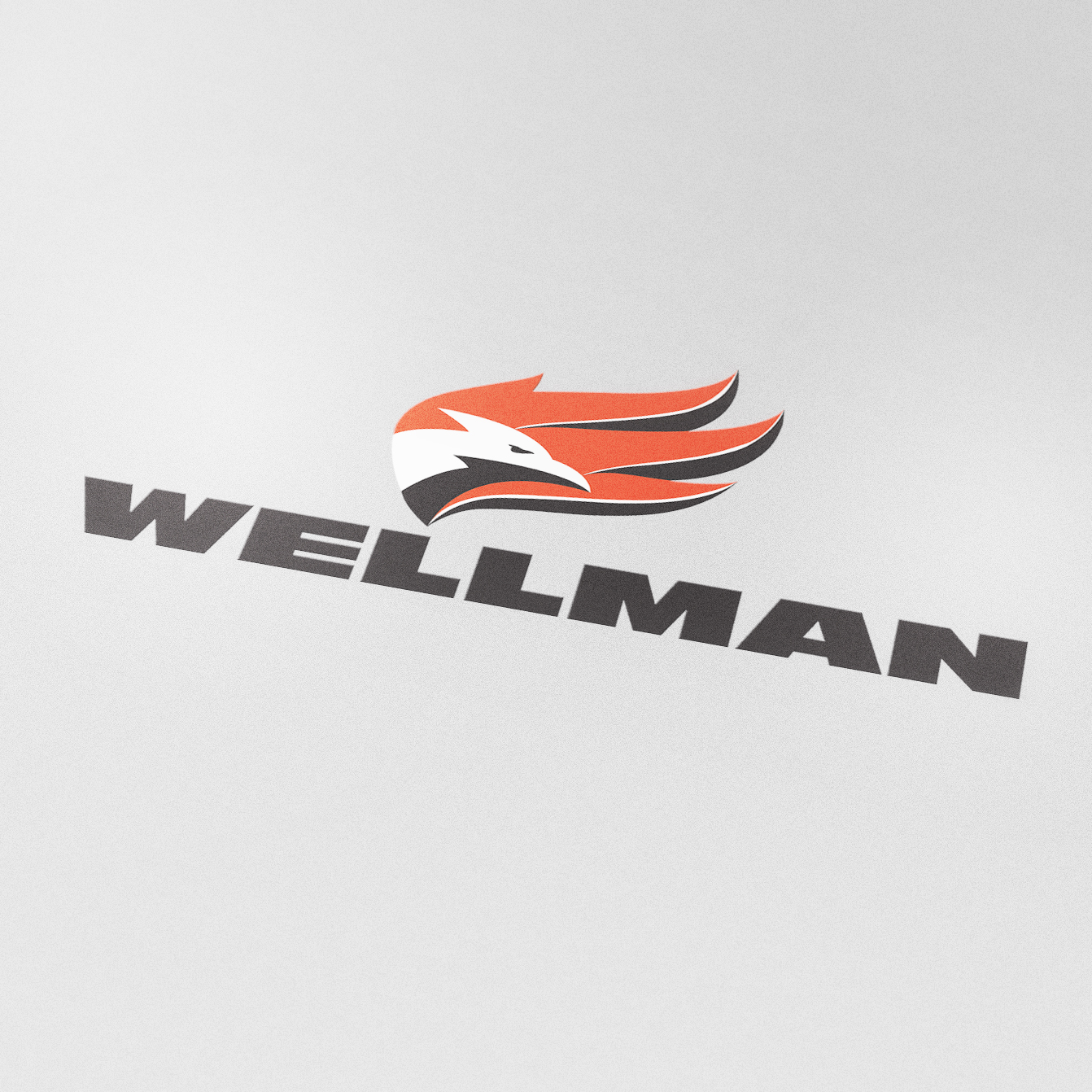WordPress Performance 101: How Speed Impacts Your Bottom Line
In the digital age, where the speed of your website can make or break the user experience, understanding WordPress performance is more crucial than ever. This guide delves into the nitty-gritty of WordPress performance, emphasizing the undeniable connection between website speed and your bottom line. For businesses and individuals alike, mastering this aspect can be the key to online success. Here’s why hiring a developer could be your golden ticket to optimizing WordPress performance and, by extension, enhancing your profitability.
Understanding WordPress Performance
WordPress, as the world’s leading content management system, powers a significant portion of the web. Its flexibility, coupled with an extensive array of themes and plugins, makes it a go-to solution for websites of all sizes. However, this versatility comes with its challenges, notably in maintaining optimal performance. WordPress performance encompasses everything from page load times to server response times, all of which directly influence user engagement and satisfaction.
The Speed-User Experience Connection
At the heart of WordPress performance lies the speed at which your website loads. Studies have consistently shown that a delay of even a second can lead to significant drops in page views, customer satisfaction, and conversions. In an era where users expect instantaneous results, a sluggish website is more than just an inconvenience; it’s a deterrent.
User experience (UX) is paramount, and speed is a critical component. A fast-loading site contributes to a smooth, enjoyable user journey, reducing bounce rates and encouraging visitors to explore more of your content. This positive interaction not only builds trust but also subtly nudges users toward making a purchase, signing up for a newsletter, or performing any desired action that impacts your bottom line.
SEO Implications of WordPress Performance
Google has long factored site speed into its ranking algorithm. A well-optimized WordPress site, therefore, stands a better chance of appearing higher in search results, attracting more organic traffic. This visibility is essential for any business looking to grow its online presence.
Moreover, with the introduction of Core Web Vitals, Google has doubled down on user experience, making site speed and responsiveness even more critical for SEO success. High-performance WordPress sites can expect not only to rank better but also to enjoy increased engagement and conversion rates, driving more revenue.
The Economic Impact of Performance
The link between WordPress performance and your bottom line is undeniable. Faster sites sell more. Amazon reported that a 100-millisecond improvement in site speed translated to a 1% increase in revenue. For small and medium-sized businesses, the impact is proportionally significant, highlighting the economic importance of optimizing site performance.
Slow-loading pages lead to higher bounce rates and lost sales. In contrast, optimizing your WordPress site for speed can enhance customer retention, boost conversions, and ultimately increase your revenue. It’s a direct line from performance to profitability.
Hiring a Developer: A Strategic Move for WordPress Performance
While there are numerous tips and tricks for improving WordPress performance, including caching, image optimization, and choosing the right hosting provider, hiring a developer can be a game-changer. Here’s why:
- Expertise and Experience: A skilled developer brings a deep understanding of WordPress’s architecture and the latest performance optimization techniques. They can identify and fix issues that non-experts might overlook, from poorly coded plugins to unoptimized databases.
- Custom Solutions: Every WordPress site is unique. A developer can provide tailored solutions that precisely fit your site’s needs, whether it’s custom coding, selecting the optimal plugins, or creating a bespoke theme that’s both attractive and lightweight.
- Ongoing Support: WordPress is dynamic, with regular updates to its core, themes, and plugins. A developer can ensure your site remains fast and functional, adapting to the latest standards and technologies. This ongoing support is crucial for maintaining peak performance over time.
- Focus on Your Business: By hiring a developer, you can focus on what you do best—running your business. Let the technical experts handle the optimization, freeing you to concentrate on strategy, content, and growth.
- Cost-Effective: While hiring a developer requires an upfront investment, the long-term benefits—a faster, more reliable site, improved user experience, better SEO rankings, and increased revenue—far outweigh the costs.
Conclusion
WordPress performance is not just a technical issue; it’s a business one. In today’s fast-paced digital world, your website’s speed can significantly impact your bottom line. By prioritizing performance and considering the strategic hire of a developer, you can ensure your WordPress site not only meets but exceeds user expectations, driving engagement, conversions, and, ultimately, revenue.
In summary, investing in WordPress performance is investing in your business’s future. A developer can help navigate the complexities of optimization, delivering a fast, efficient site that delights users and supports your growth objectives. Remember, in the realm of online business, speed isn’t just an advantage—it’s a necessity.
Let's Bring Your Vision to Life
Ready to transform your digital presence? Connect with Chris Hurst, a seasoned UX Designer, WordPress Developer, and Front-End Developer. Whether you need an intuitive UX/UI design, a custom WordPress site, or a complete web development solution, I'm here to turn your ideas into stunning digital realities. Let's collaborate and make your project stand out in the digital world.
Start Your Project Today




